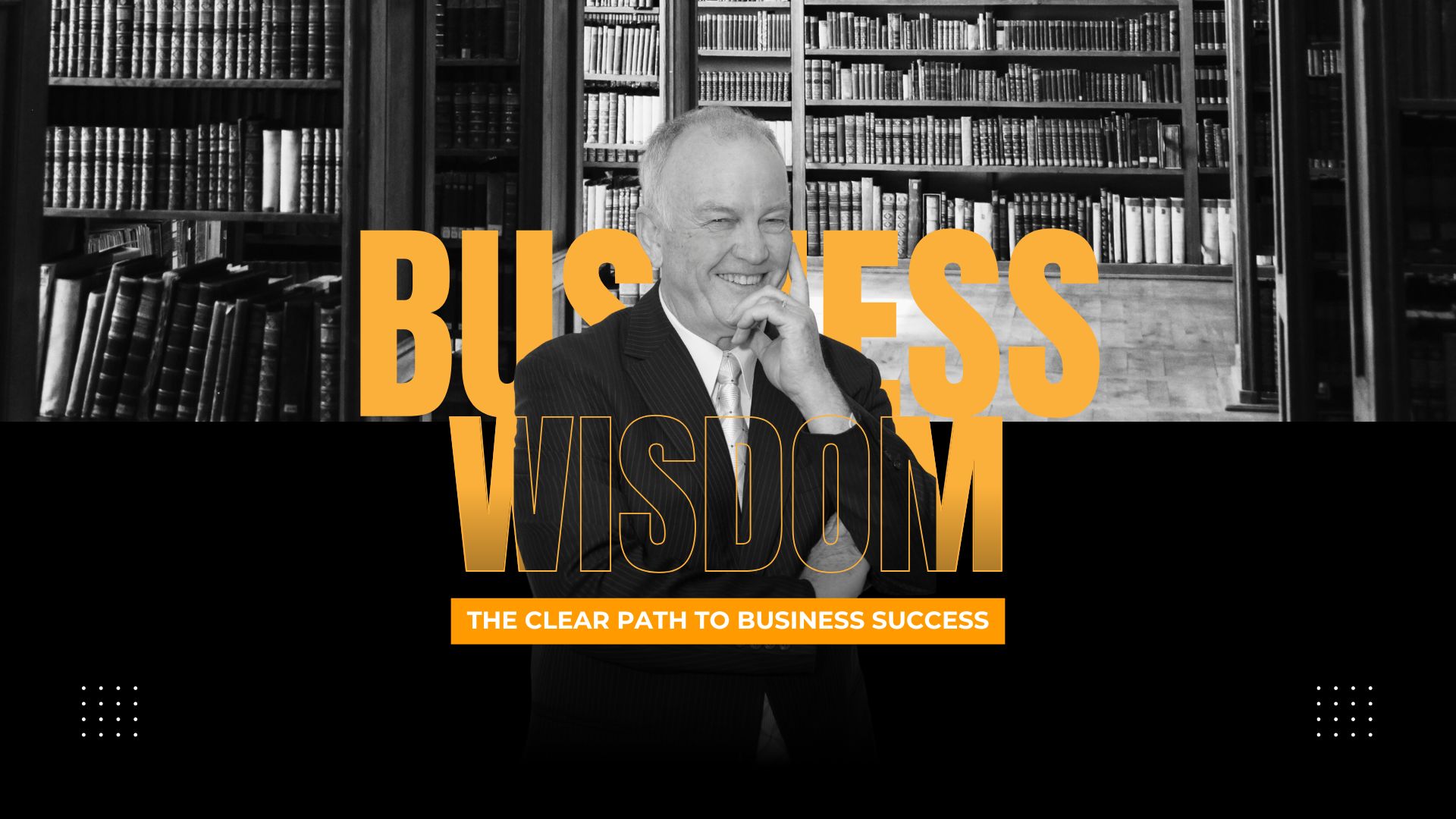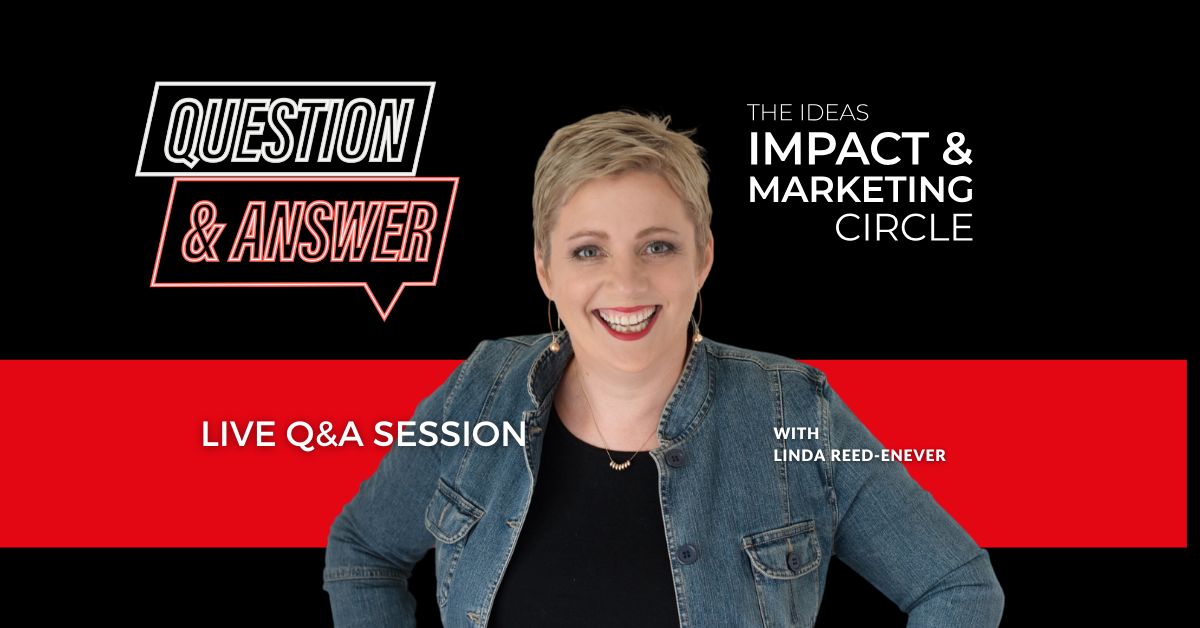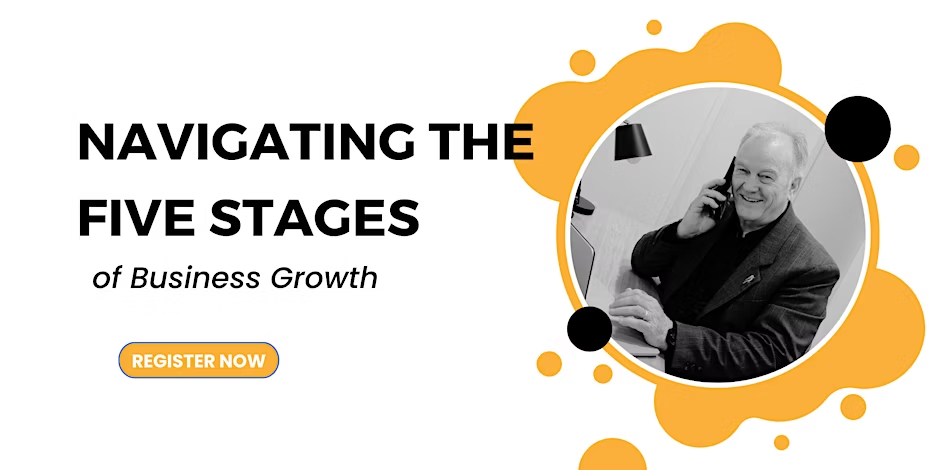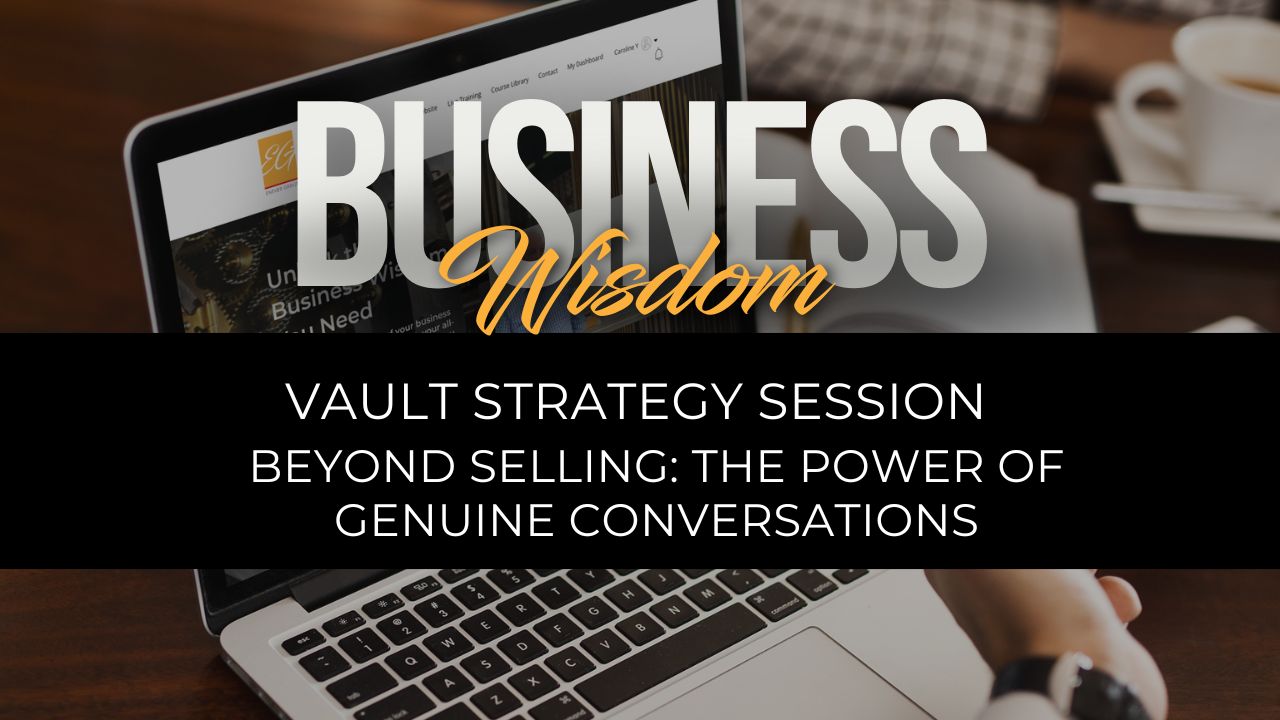It has long been proven that setting goals significantly enhances achievement. Yet, many business owners struggle to establish clear objectives. One of the primary reasons for this hesitation is the lack of a defined pathway to success. Without a clear direction, it becomes difficult to visualise what is possible, leading to uncertainty and inaction.
The Importance of a Clear Pathway
When entrepreneurs look ahead and see obstacles, whether financial constraints, operational inefficiencies, or market saturation, it can be overwhelming. The instinctive reaction is often to clear these hurdles manually, tackling each issue as it arises.
While some obstacles do require direct intervention, a more effective approach is to prevent unnecessary challenges from emerging in the first place. This proactive strategy can streamline operations, allowing business owners to focus on growth rather than firefighting.
Key Business Foundations
Successful businesses are built on several core pillars, including market presence, presentation, personal branding, structured processes, pricing strategies, and profitability. These elements are frequently cited as fundamental to business success, yet acquiring and implementing them effectively remains a challenge for many.
The statistics reinforce this reality, according to the Australian Bureau of Statistics (ABS), over 60% of businesses fail within the first three years. This high failure rate suggests that many entrepreneurs commence their ventures without adequately structuring their businesses for long-term sustainability.
The Role of Goals and Key Performance Indicators (KPIs)
To navigate the complexities of business ownership, clarity is essential. Setting measurable goals and defining Key Performance Indicators (KPIs) provides a structured approach to progress. However, many business owners find KPIs confusing, often because they are tracking the wrong metrics. Effective KPIs should focus on critical aspects of business performance, particularly customer satisfaction. A satisfied customer leads to repeat business, referrals, and ultimately, profitability.
Staying on Track for Long-Term Success
Beyond initial goal-setting, maintaining focus is crucial. Distractions, inefficiencies, and poor time management can derail even the most well-planned business strategies. Implementing time management strategies, eliminating unnecessary tasks, and maintaining a disciplined approach to business operations are all vital in staying on course.
For many entrepreneurs, success is not just about financial gains; it is about achieving more while working smarter, not harder. Through careful strategy and clear goal-setting, business owners can optimise their workload, increase efficiency, and create a business that provides them with both professional and personal satisfaction.
The Power of Identifying Your Ideal Client
Many businesses struggle because they attempt to market to a broad audience rather than honing in on their ideal customer. When a business understands its target audience, it can refine its messaging, focus its efforts, and attract clients who genuinely benefit from its services.
The result? More engaged customers, stronger relationships, and increased profitability, all while reducing wasted time and effort.
A Path to Success
Success in business does not have to be an uphill battle filled with unnecessary complications. The key lies in strategic planning, proactive decision-making, and a commitment to continuous improvement.
For those willing to adopt this approach, the rewards are substantial, more time, more satisfied clients, and a business that genuinely supports the lifestyle they aspire to. The path is there; it just needs to be followed.
Talk Strategy with Clive
With more than 30 years’ experience in mentoring small to medium-sized businesses around Australia. Clive works with company owners and their teams to grow their business and achieve goals through strategic coaching.









